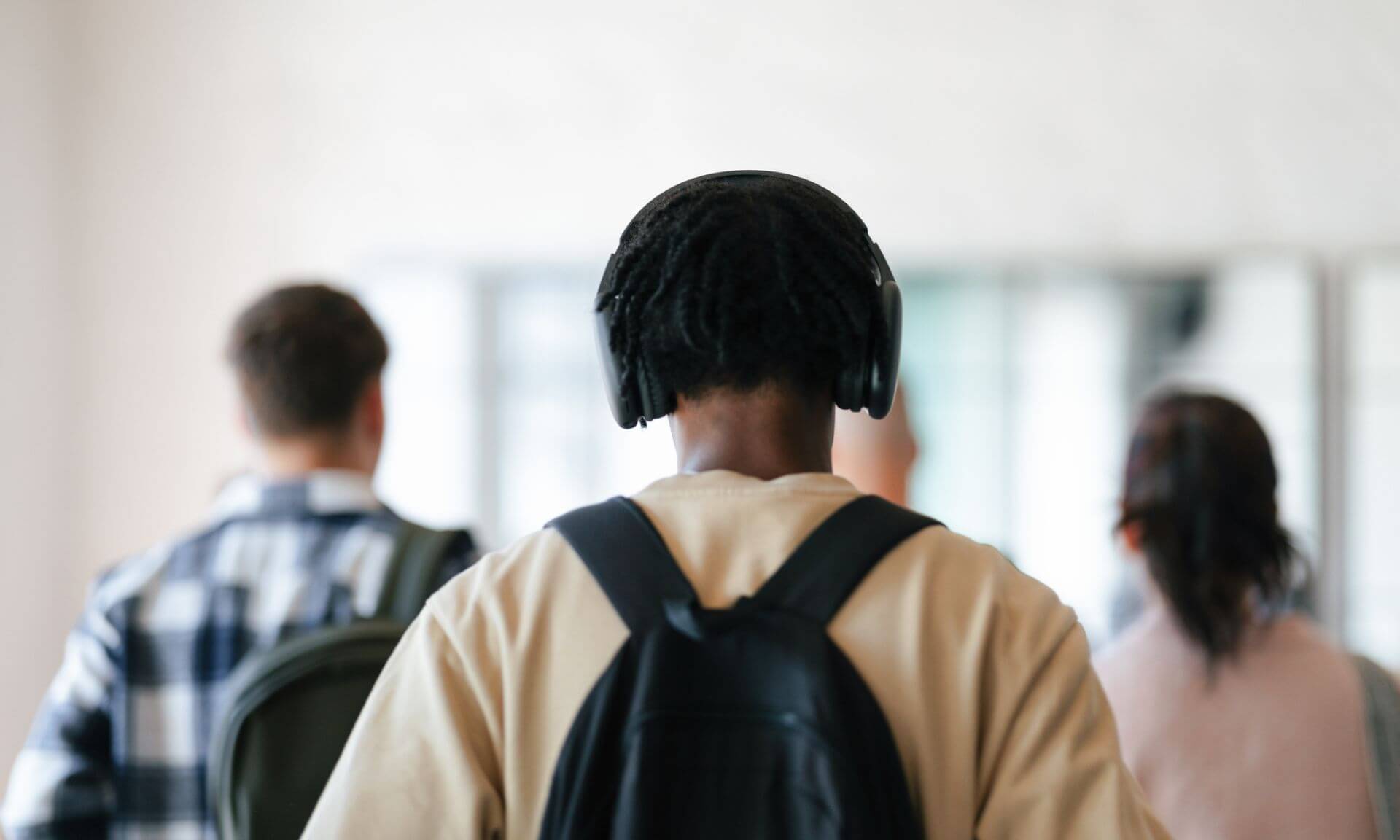If I think you’re going to vote, I’ll vote too

What role does a person’s circle of acquaintances play in whether they will turn out to vote? If people think their friends and family will vote, does that create social pressure for them to vote as well? Does the thought that others will know whether they voted and fear of their disapprove have an impact?
Maxime Coulombe, a student in the Department of Political Science at Université de Montréal, is trying to answer these questions as part of his doctoral research on social behaviour around elections.
His most recent study found that people who expect others to vote are more likely to vote themselves but found no evidence that disapproval or visibility—believing that others will know whether you voted—has a positive influence on the decision to vote.
Under the supervision of UdeM professors André Blais and Ruth Dassonneville, Coulombe surveyed more than 1,000 people during the 2019 Canadian federal election campaign. He asked three questions about the respondent’s partner, family, friends and neighbours:
- Do you think they will vote?
- If you decide not to vote, how would they view your decision?
- Do you think they will know whether you voted?
Coulombe found that the closer a person was to the respondent (e.g. a partner or family member), the more likely they were to have an influence. However, he did not find evidence that expectations of visibility and disapproval were associated with voting decisions.
Coulombe then worked with Martial Foucault, a professor at the Institut d’études politiques de Paris, to replicate his study in France with a survey of over 10,000 respondents during the 2022 presidential election. This time, preliminary results suggest that fear of disapproval does appear to be a driver.
“In my review of the literature, I found that one out of two studies comes to this conclusion, so more investigation is needed to find out why this variation exists,” Coulombe said.
It’s all about perception

Coulombe’s study looks at voting through a sociological lens. His data suggest that voting is not entirely an individual decision but is modulated by a person’s immediate environment.
He found that descriptive norms (what others do) carry more weight than injunctive norms (what others think we should do). “We aren’t influenced by the norm per se but rather by our perception of the norm, which creates social pressure to conform,” he explained. “For example, if I believe only two out of eight members of my family will vote because I think they’re apolitical, I may be less likely to vote myself. I could actually be wrong and seven of the eight will vote, but my decision is guided by my perception—or in this case, misperception.”
Coulombe therefore believes that descriptive pressure could be used to encourage people to do their civic duty. “We could point to statistics that show voting is the norm,” he suggested, “and we should avoid saying that few people vote.”



